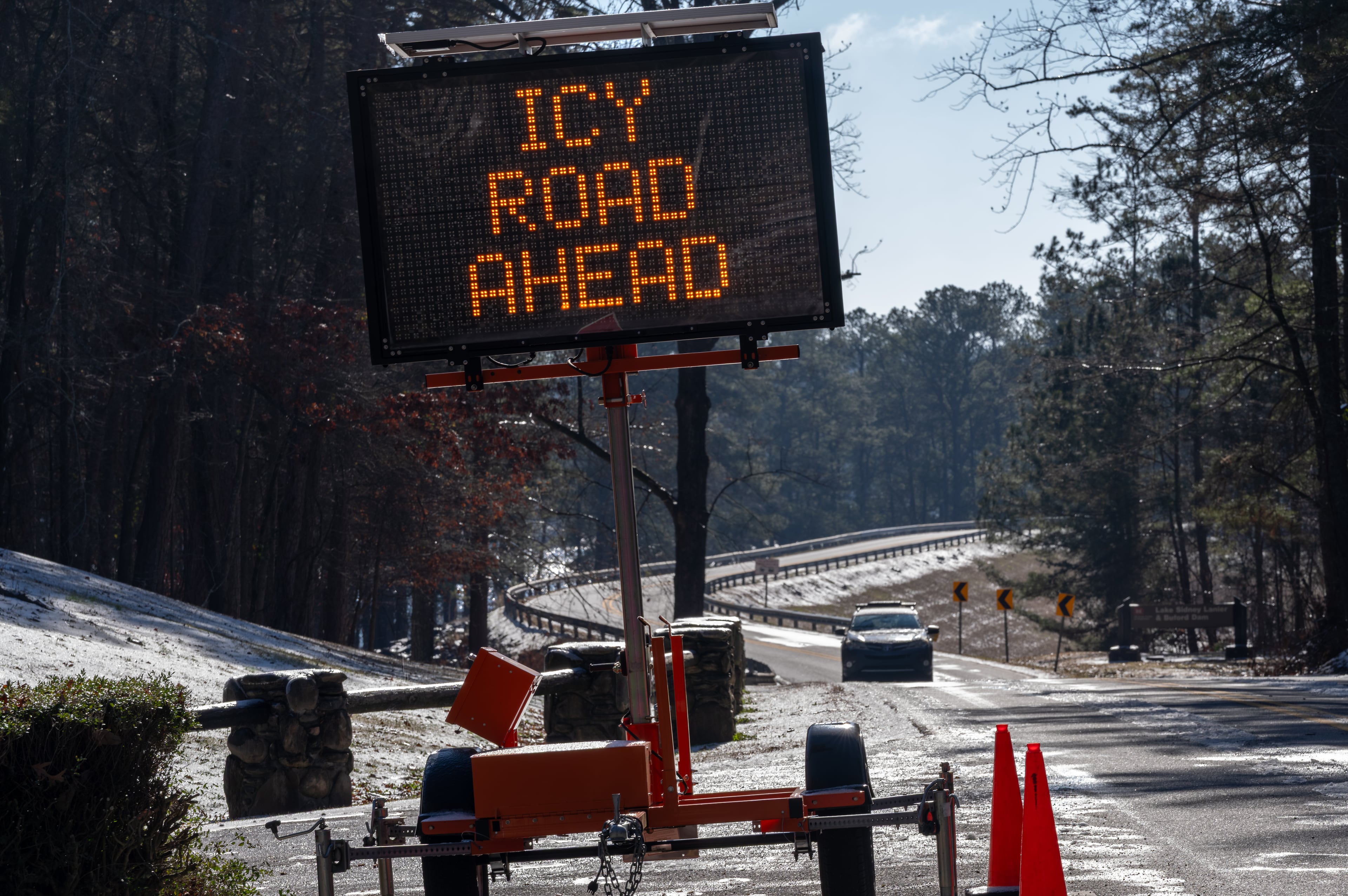Police: Georgia’s Jarvis Jones driving 86 in a 40 mph zone

ATHENS — At 10:40 p.m. Friday, Jarvis Jones was driving west down Atlanta Highway in a 1984 Buick Regal when Athens-Clarke County police clocked him traveling at 86 mph in a 40 mph zone.
That’s according to a police report released to The Atlanta Journal-Constitution on Tuesday. Jones, a former Georgia football star who now works for the Bulldogs as a player-connection coordinator, was subsequently arrested and taken to Athens-Country Jail, police said.
Jones was charged with reckless driving and speeding/maximum limits. He was booked at Athens-Clarke County Jail at 11:26 p.m. and released an hour later on a $2,400 bond.
Jones played outside linebacker for the Bulldogs from 2011-12 before becoming a first-round pick for the Pittsburgh Steelers in the 2013 NFL draft. He has been a member of the Bulldogs’ football staff in various capacities since retiring from the NFL in 2016.
UGA football players had been cited or arrested for speeding and/or reckless driving a total of 14 times since two members of the program were killed in a high-speed crash Jan. 15. Jones’ arrest is the first for a coach or administrator.
Georgia coach Kirby Smart said Jones will be subjected to “internal discipline.”
“It’s a personnel matter and I really can’t comment further on it,” Smart said at the Bulldogs’ weekly press conference Monday.
Jones, 33, was on the sideline with the team Saturday when the two-time defending national champion Bulldogs opened the season against Tennessee-Martin at Sanford Stadium.
Just last month, UGA announced that Jones will be inducted into its Circle of Honor. That is considered the highest honor for a person associated with the school’s athletic program. Inductees must have earned their academic degrees and are “extraordinary student-athletes and coaches who by their performance and conduct have brought honor to the university and themselves, and who by their actions have contributed to the tradition of the Georgia Bulldogs,” according to the school.
This summer, Smart said he was intent on resolving Georgia’s speeding problem.
“I’ll be the first to admit we haven’t solved that issue,” Smart said in July. “I don’t honestly know that anybody has. But certainly for us, it’s important to acknowledge it first. We’ve had a lot of intervention in terms of talking and visiting, and discipline measures have been implemented in terms of education. We’ll continue to do that.”



